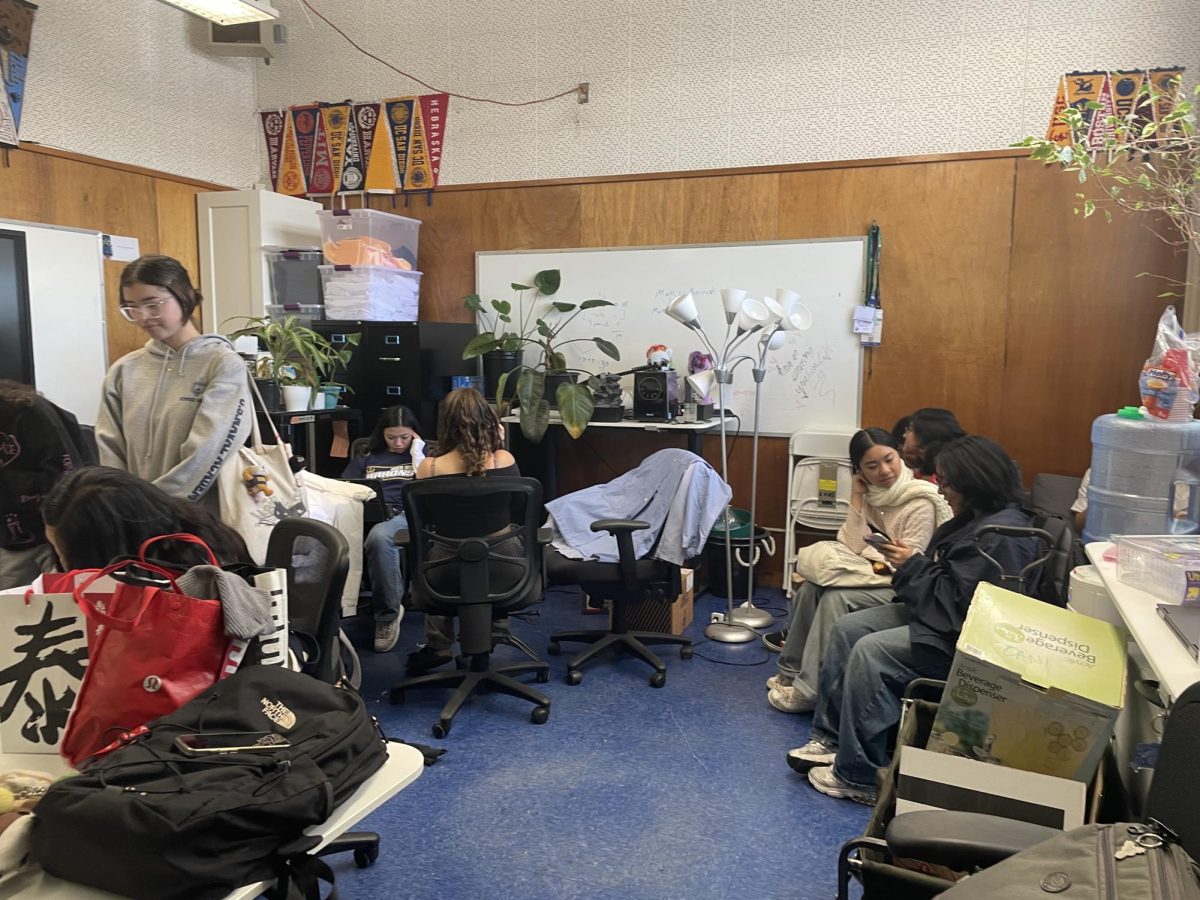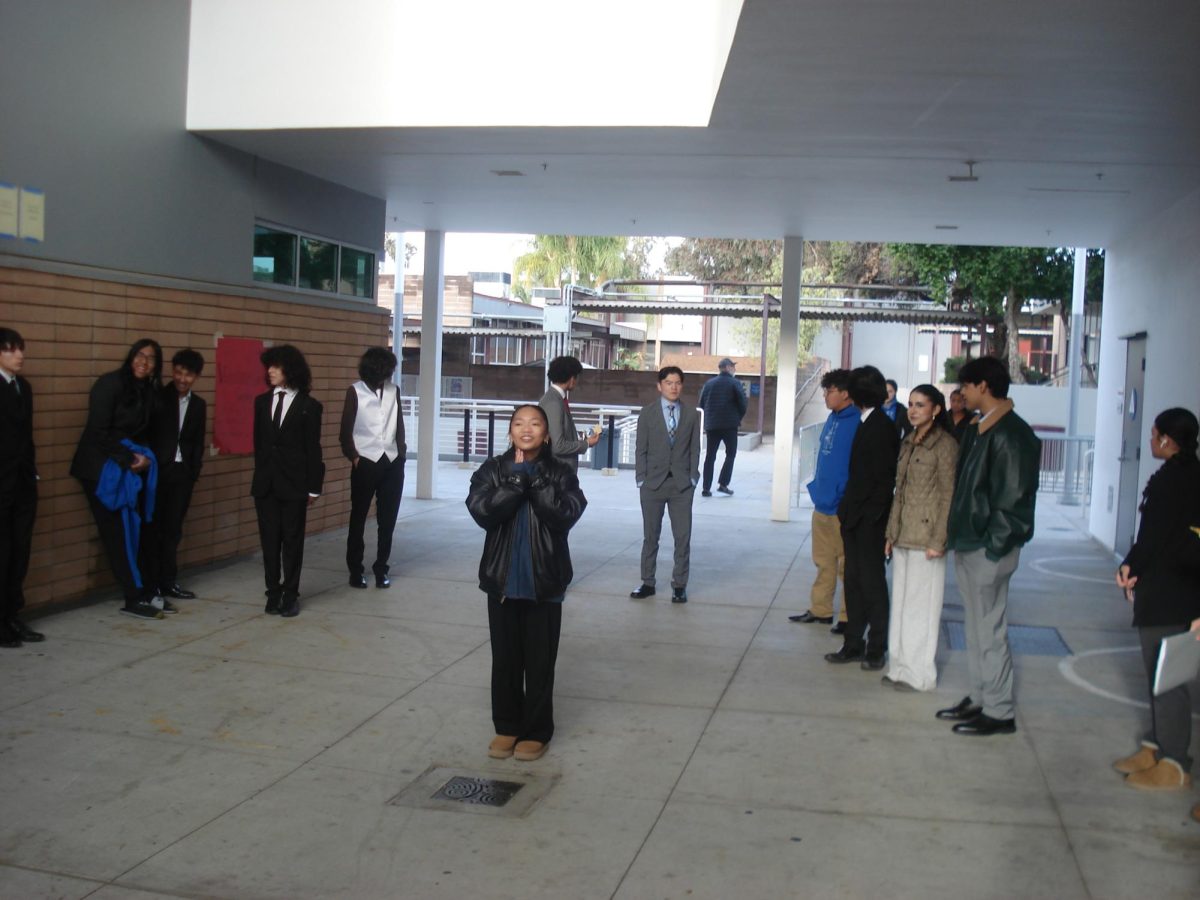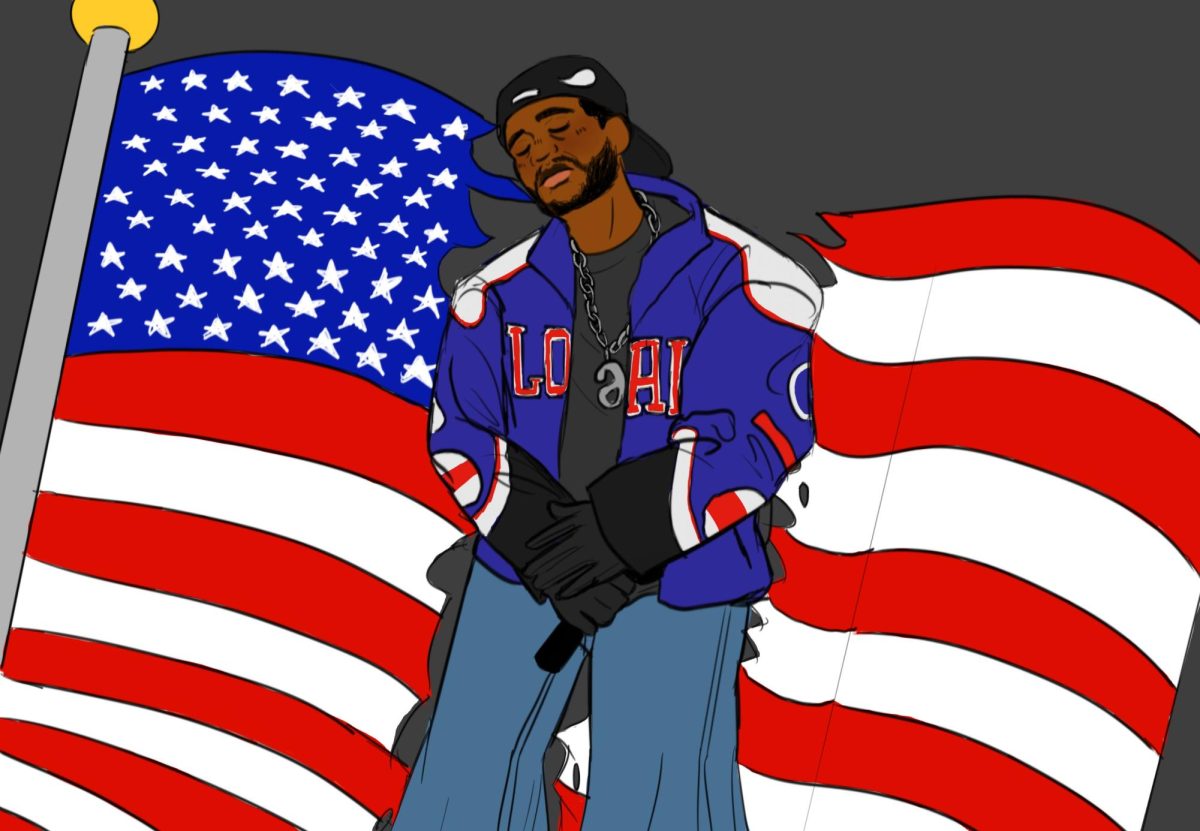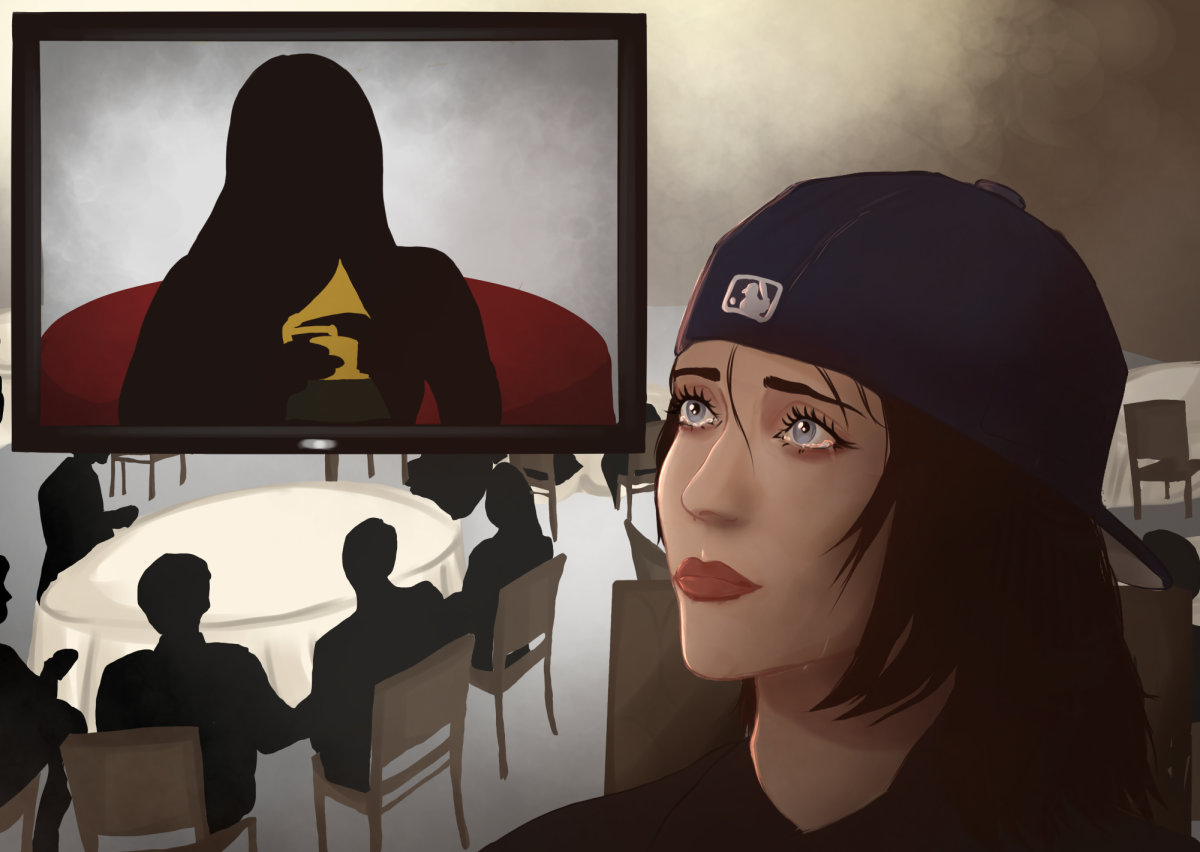As of recently, the Kpop [Korean pop music] industry has been expanding its premise of diversity, more specifically with the English language. Kpop has been around since 1990 with some saying that the popular hit Gangnam style by PSY, introduced in 2012, is when the industry really began to skyrocket in popularity. Despite the industry being mainly Korean, there have been other artists with different backgrounds, such as British and Japanese who have begun their music journey in the Kpop industry. Many students at BVH listen to this genre including junior Marley Acayan, who has her own personal experiences in discovering Kpop.
“My mom was the first one to show me one of Blackpink’s music videos in 2016. 2019 is when Blackpink really took off and little me was anticipating TXT’s [Tomorrow x Together’s] debut. My curiosity expanded since then to both boys and girls groups and now, whether old or new, I still look forward to listening to them,” Acayan said.
Kpop can be called controversial due to the amount of criticism it has received in the past, while people have a neutral or positive stance, there are others who take their dislike for the music to another level with hateful speech and threats. On the contrary, there are supporters who take their love for the music too far, some inducing stalker-like traits for their idols.
“Kpop is controversial listening wise because people have different opinions, tastes and interests. I have been in a lot of situations where people would ask me ‘why even like it if you do not understand it?’ but I frankly do not need to understand what they are saying to like it. It may also be controversial based on who you encounter, some people can go way too far with their obsession,” Acayan said.
A huge controversy a few years ago was the translation of various Kpop songs. Within the English and Korean language, racial slurs to American’s have different meanings within Korean culture, seeming innocent on its own yet still creating conversations about cultural sensitivity. Junior Emilia Reyes spoke about this particular incident and how people could interpret it.
“[The way] the words are pronounced in Korean, English listeners may take that as [offensive]. [For instance] ‘you’ in Korean is pronounced as [a racial slur] which most people [frown upon here in the US]. Those who do take offense in my opinion could just be close minded,” Reyes said.
Whether someone supports Kpop or not is up to their own music tastes and opinions, much like how Acayan mentioned earlier. The diversity Kpop has in their music highlights the importance of respecting others’ choices. This mutual respect allows for healthy discussions and broadens our understanding of different cultural expressions as Reyes goes on to add.
“What makes it enjoyable for me is how I can listen to people of different dialects or different accents; expressing themselves in a way that they think What I like about it is just how beautiful some of the lyrics are and how well translated they can be or how there is no one direct translation that can be seen,” Reyes said.
When Kpop was first introduced, it was primarily exclusive to Koreans for a while before other ethnicities began to join in within the genre. This allowed for the growth of the industry to what it is today, taking inspiration from American music. Senior and Kpop club President Toya Luna, has realized this change and realizes the integration of multiple styles.
“They have that dance aspect; there is a lot of hip hop dance influence and hip hop comes from the United States. As you might know, it comes from the Northeast from the Black community in the U.S,.” Luna said. “There were a lot of similarities in not only the aesthetics of the music videos [they created] but also the intention [of the meanings] behind the production of the songs.”
There have been a few Korean groups such as TXT (a boyband) and NewJeans who have embraced the American side of music. They have taken the UK garage style of music and embraced it, using it to make their own songs and media. Luna further explains why the inclusivity of English music had helped Korean stars rise to their fame.
“Popularity hugely influences anything that gets sent to the internet which includes the Kpop industry. They want to appeal to a more global audience since English is the lingua franca, [a language that is adopted under the ‘common’ terms for people with different native languages to communicate with],” Luna said.
Katseye, a group who have drawn attention for their Americanized take on Korean music, have performed in English while maintaining their well known choreography that defines Kpop. These types of groups showcase how Kpops growing global appearance inspires new innovative recreations for other ethnicities. Reyes discussed her perspective on the matter with others’ growing opinions.
“I think it is a huge step in diversity for something that has been so well known to kind of be kept close together, but it is good that they are expanding their wide ranges. As of recently, people have become more and more intrigued by different types of stuff [so the newfound interest makes sense],” Reyes said.
It is always an amazing thing to see when a community begins to expand the amount of cultures within it. It is important to note that not everything is limited to a culture specifically and that it can be shared across other cultures. Acayan listed some examples of English and Korean music mixing together and collabing.
“The music producers and idols themselves use english words and lines, even going out of their way to release english versions or full english albums as a way to connect with their international audience. There are a lot of Kpop songs that sample western artists such as “Lucky Star” by Madonna being a sample for “Shake it” by Sistar,” Acayan said.
Music videos by Kpop artists are also inspired by English music videos. The editing style and the way video effects are used, almost mimic the way Hip Hop music and music storylines are created. Lyrics are sometimes even written in English before being translated into Korean for American consumers to better understand their meaning. Luna elaborated on her preferences and shared what others could gain from her perspective.
“[Kpop videos] is also something that I really enjoy seeing. I like getting immersed into other groups and not being restricted to what [genre of music or group] is immediately around you,” Luna said.









